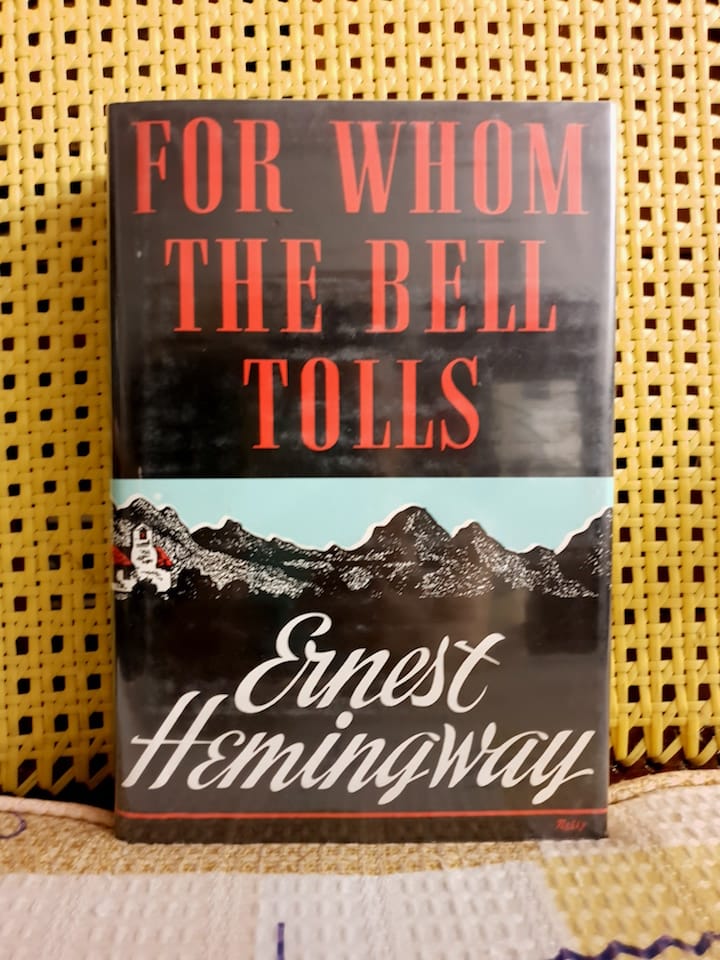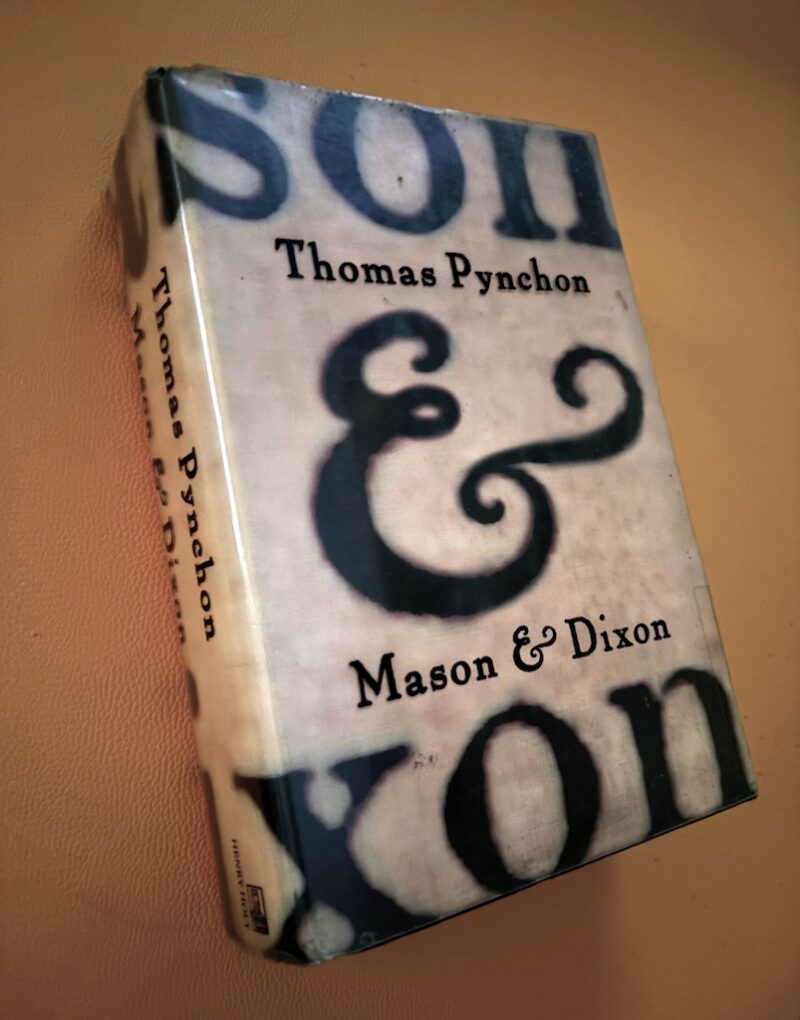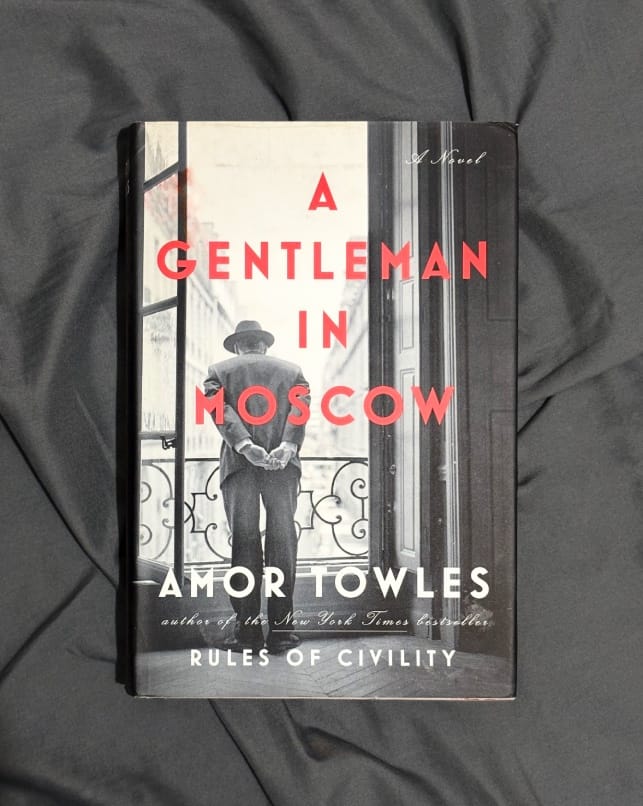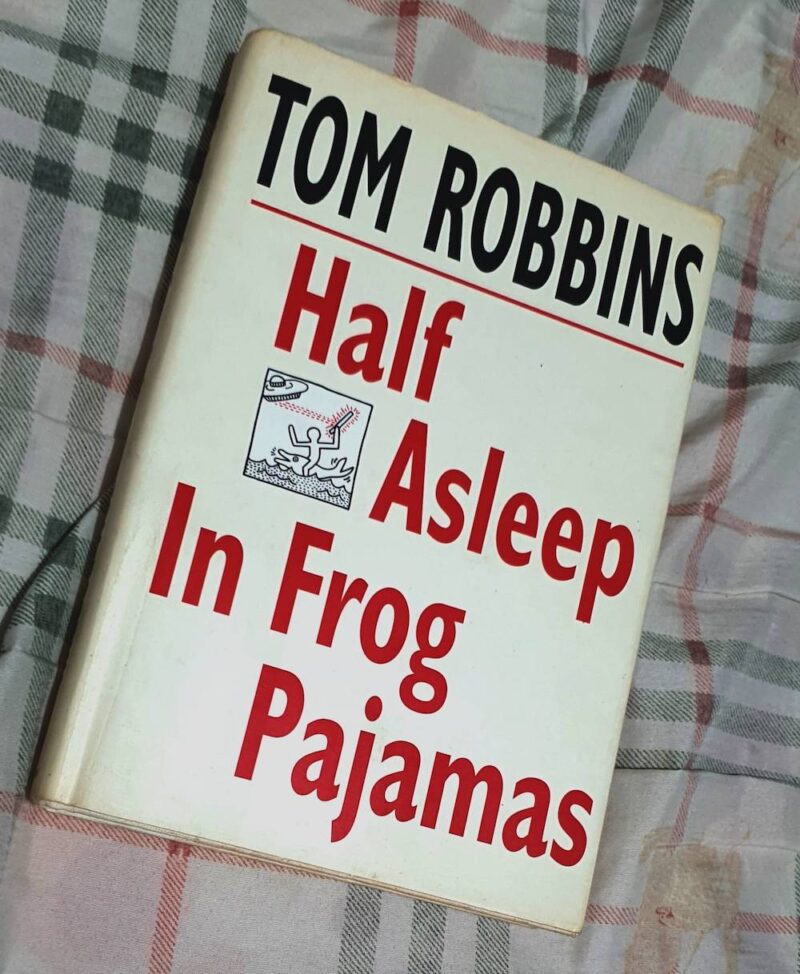For Whom the Bell Tolls (1940) by Ernest Hemingway is arguably one of the finest war novels ever written. It’s a work that’s simultaneously powerful and brutal, rare and beautiful, all at the same time, a feat that surpasses Hemingway’s achievements.
The story takes place in 1937, not far from Segovia, Spain. Robert Jordan, a civil war volunteer who is an expert in explosives, is a young American soldier in the International Brigades assigned to an anti-fascist guerilla unit in the mountains of Spain. During a raid on the city of Segovia, he is tasked to detonate a dynamite charge on a nearby fascist-controlled bridge. Robert Jordan is the narrator, and his thoughts and experiences form the bulk of the narrative.
Hemingway’s interest in the Spanish Civil War, which occurred from 1936 to 1939, led him to write For Whom The Bell Tolls. As a war correspondent for the North American Newspaper Alliance during the Spanish Civil War, Hemingway drew from his own experiences.
It’s possible that the book’s tales of the class war in Spain in the 1930s will linger with you long after the novel’s dramatic conclusion. When someone says, “never send to know for whom the bell tolls,” what they mean by that is pretty obvious. At every death, we should feel a sense of loss because we have taken something away from the human race.
Memorable Quotes
Never think that war, no matter how necessary nor how justified, is not a crime. Ask the infantry and ask the dead.
Ernest Hemingway, For Whom The Bell Tolls
There is nothing else than now. There is neither yesterday, certainly, nor is there any tomorrow. How old must you be before you know that? There is only now, and if now is only two days, then two days is your life and everything in it will be in proportion. This is how you live a life in two days. And if you stop complaining and asking for what you never will get, you will have a good life.
Ernest Hemingway, For Whom The Bell Tolls
Look at the ugliness. Yet one has a feeling within one that blinds a man while he loves you. You, with that feeling, blind him, and blind yourself. Then one day, for no reason, he sees you ugly as you really are and he is not blind anymore and then you see yourself as ugly as he sees you and you lose your man and your feeling.
Ernest Hemingway, For Whom The Bell Tolls
Further Reading
TIME’s original review of For Whom The Bell Tolls by Lily Rothman, Time Magazine
What Hemingway Cut From For Whom the Bell Tolls by Sean Hemingway, Literary Hub
The Meaning and Origin of ‘For Whom the Bell Tolls; It Tolls for Thee’ by Oliver Tearle, Interesting Literature
For Whom the Bell Tolls: The Hemingway Scene That Inspired Metallica’s Famous Song by Spencer Baum, Medium




